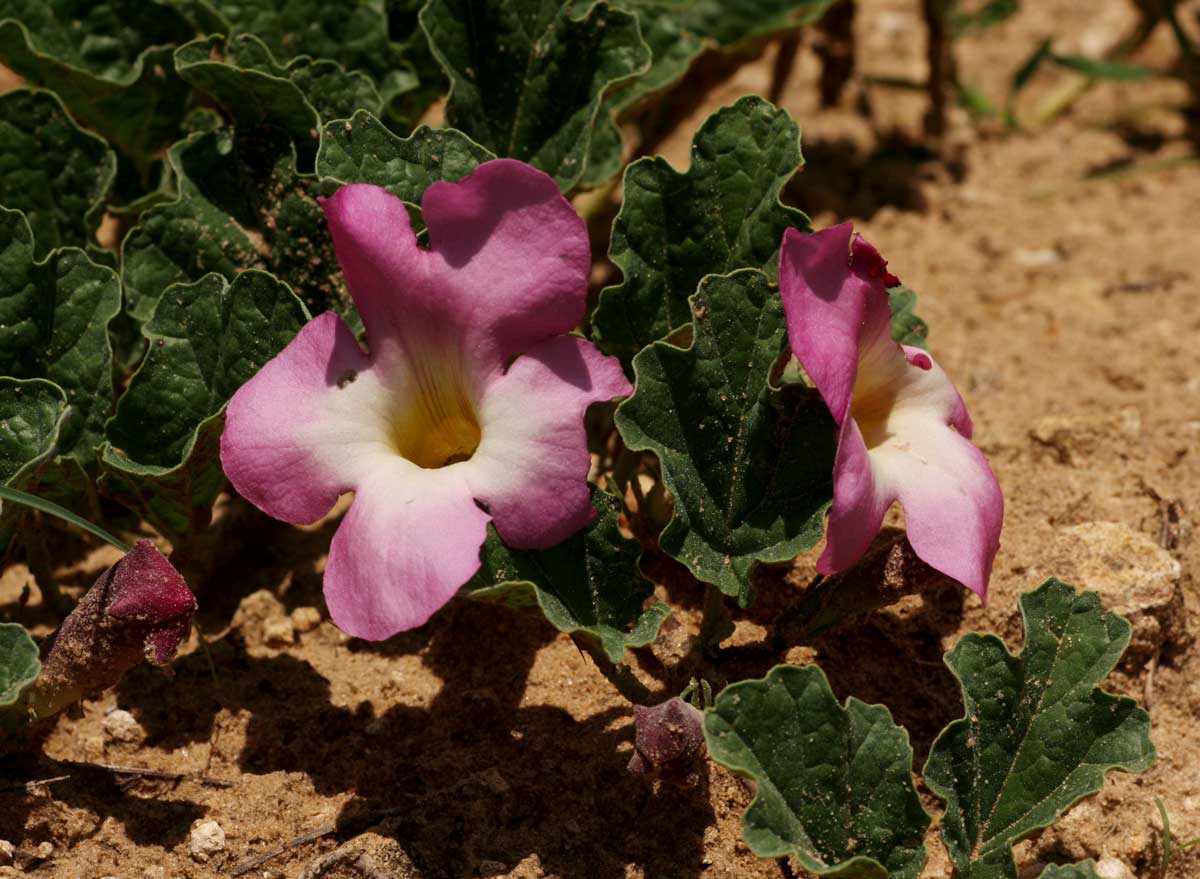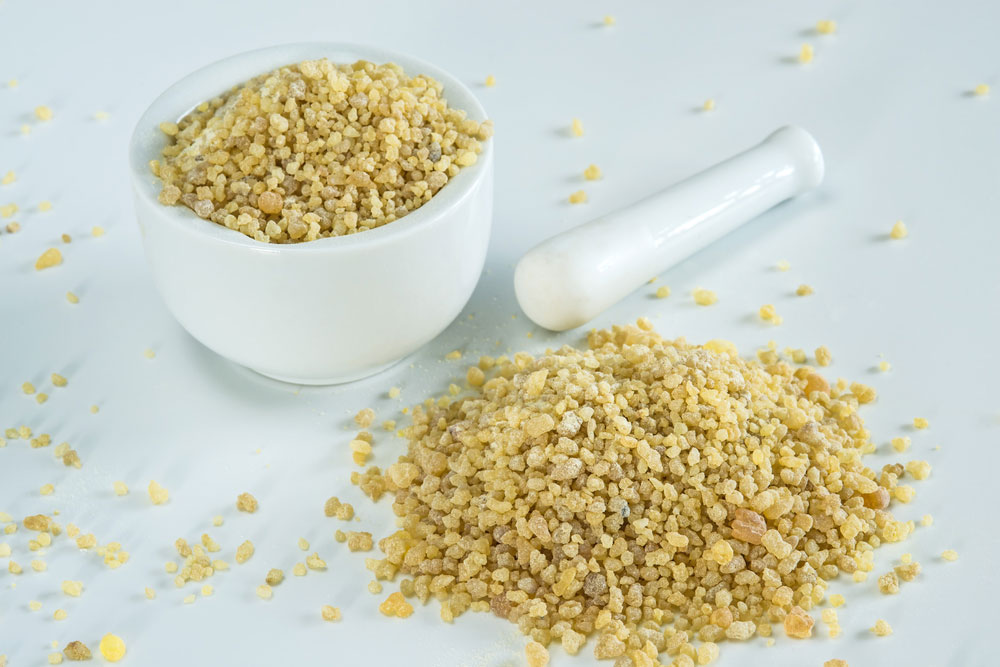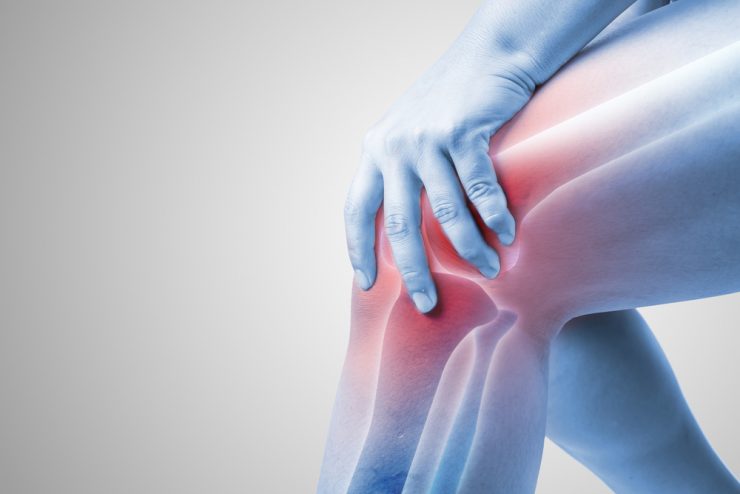Now that spring is here it’s time to give your joints some extra TLC.
Editor Jane Garton searches out some herbs that can help to keep you flexible and support your joint health.
The weather is getting better and that means more outdoor exercise on the agenda, even if you are staying 2 metres apart from everyone else given the current crisis. But what if your joints are stiff and sore after winter?
Devil’s Claw

A dose of the herb devil’s claw, long used by bushmen in the Kalahari Sands of Namibia, may be just what’s called for to smooth things out as well as reducing any pain and discomfort.
Increasingly, research is showing that these bushmen may indeed have known a thing or two about reducing joint swelling and pain. Devil’s claw has been found to contain substances that have analgesic and anti-inflammatory properties.
And the good news is that there are no side effects to devil’s claw. The anti-inflammatory action doesn’t block any of the body’s natural processes, as some conventional medications do. This means there is no danger of harming the stomach lining, the kidneys, or of causing any circulation or vascular problems.
So how does it work? No one knows for sure but the anti-inflammatory properties of the active compounds, the harpagosides and the plants sterols found in its roots, are thought to be responsible.
Boswellia

Another herb that is starting to show promise in joint care is boswellia. Also known as Indian Frankincense or Olibanum, the resin from the tree Boswellia serrata has been used medicinally for thousands of years, especially in Indian Ayurvedic traditions. And now studies are beginning to reveal its secrets.
Boswellia is rich in a variety of anti-inflammatory compounds. Chief among these are boswellic acids,[i] a group of plant chemicals, which block the production of chemicals, such as TNF-alpha, a major player in chronic inflammatory diseases. This makes boswellia a useful remedy to calm inflammation affecting the joints as well as skin, digestive and respiratory systems.
Boswellia has shown particular promise in helping to ease aching joints. In one study of 75 people with knee osteoarthritis[ii], those taking boswellia reported less pain and swelling, as well as increased flexibility and ability to walk further compared with those taking a placebo.
In another study[iii] researchers added an Ayurvedic formulation containing boswellia to a test tube culture of cartilage cells from the knees of people with osteoarthritis undergoing joint replacement surgery. The formulation had protective, anti-inflammatory effects and significantly reduced cartilage damage.
Other research,[iv] meanwhile, suggests that boswellia could help boost the ability to withstand pain. In a study where 12 healthy men inserted an index finger in a vice that applied pressure to the sensitive nail bed, both pain tolerance and pain threshold were significantly increased at one, two and three hours after taking boswellia compared with placebo.
How to help yourself
- Keeping on the move is one of the best ways to ease any discomfort and stop joints seizing up. A gentle activity such as swimming that puts no strain on joints is best.
- Whether you’re reading, working, or watching TV, change positions often. Take breaks from your desk or your chair and move around.
- If you’re overweight, losing just five per cent of your body weight can help ease joint pain.
- Try to stretch daily. However, it’s important that you don’t stretch cold muscles. Do a light warm up before stretching to loosen up joints and ligaments, and tendons around them.
- It’s normal to have some aching muscles after exercising. But if your pain lasts longer than 48 hours, you may have overstressed your joints. Don’t exercise so hard next time. Working through the pain may lead to injury or damage.
[i] Ammon HP. Boswellic Acids and Their Role in Chronic Inflammatory Diseases. Adv Exp Med Biol. 2016;928:291-327.
[ii] Sengupta K, Alluri KV, Satish AR, Mishra S, Golakoti T, Sarma KV, Dey D, Raychaudhuri SP. A double blind, randomized, placebo controlled study of the efficacy and safety of 5-Loxin for treatment of osteoarthritis of the knee. Arthritis Res Ther. 2008;10(4):R85.
[iii] Sumantran VN, Joshi AK, Boddul S, Koppikar SJ, Warude D, Patwardhan B, Chopra A, Chandwaskar R, Wagh UV. Antiarthritic activity of a standardized, multiherbal, Ayurvedic formulation containing Boswellia serrata: in vitro studies on knee cartilage from osteoarthritis patients. Phytother Res. 2011 Sep;25(9):1375-80.
[iv] A randomized, double blind, placebo controlled, cross over study to evaluate the analgesic activity of Boswellia serrata in healthy volunteers using mechanical pain model
- Prabhavathi, U. Shobha Jagdish Chandra, Radhika Soanker, P. Usha Rani Indian J Pharmacol. 2014 Sep-Oct; 46(5): 475–479.
























Add comment